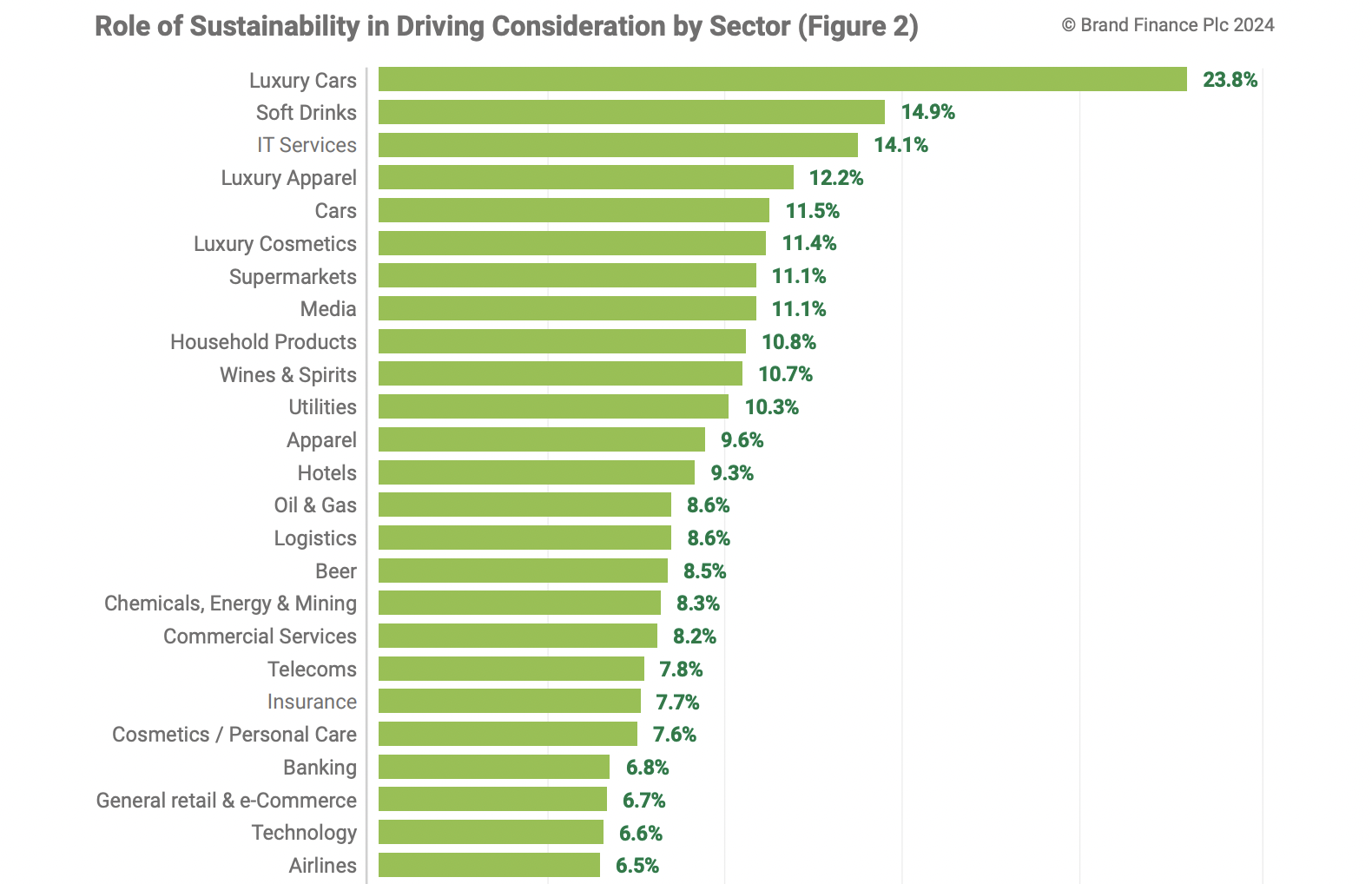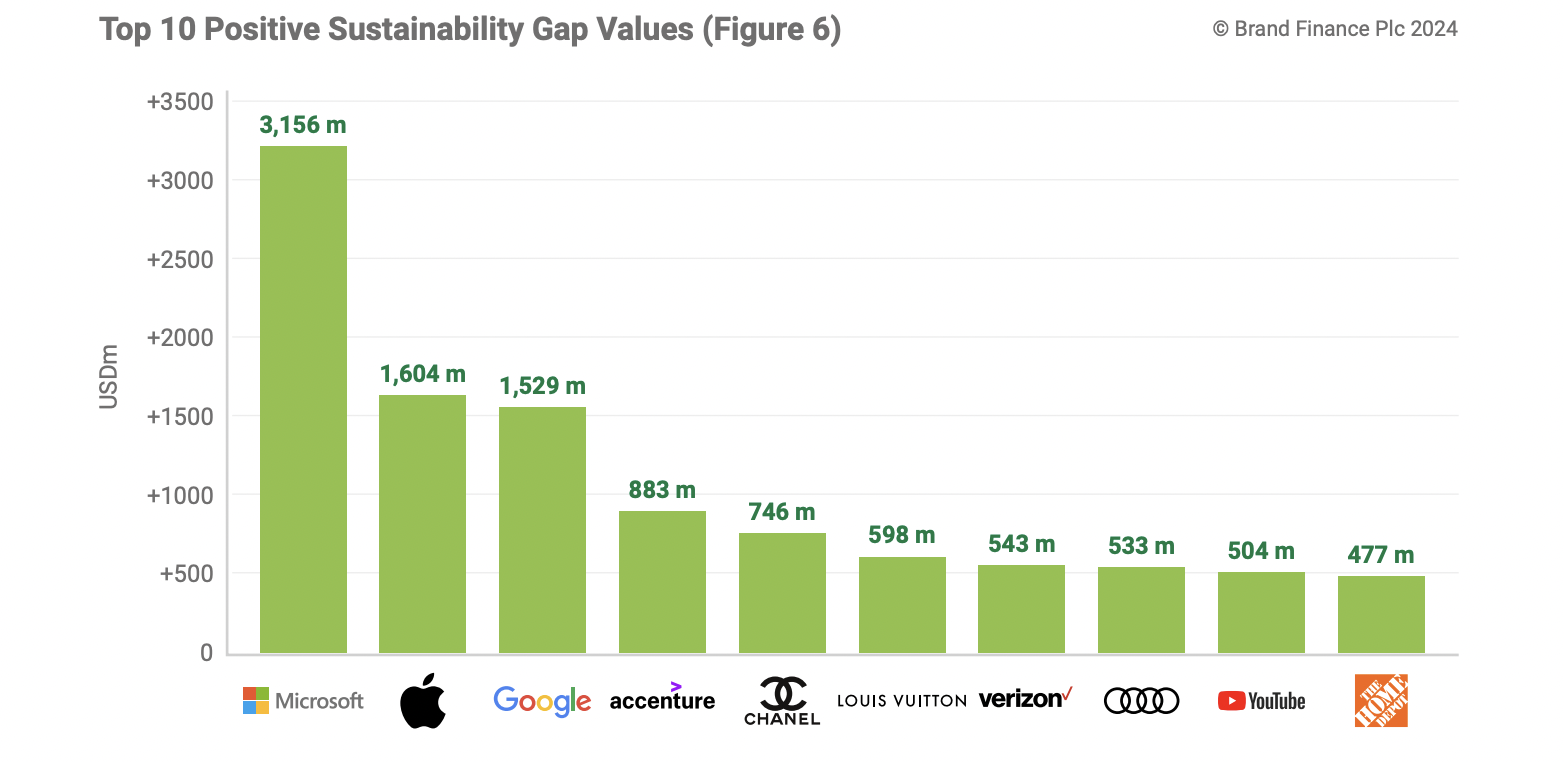The U.S. Securities and Exchange Commission voted to finalize new rules that will require companies listed on financial exchanges in the U.S. to disclose certain climate-related risks for the first time. The rules, which have been highly anticipated for several years now, are being touted as “watered down” compared to earlier draft rules, including because the finalized version does away with all Scope 3 emissions reporting requirements (even for large companies). As we dove into here, the rules are, nonetheless, expected to bring some transparency to how companies and their boards are thinking about and acting on climate-related risks.
Against this background and the shifting state of broader environmental, social, and governance (“ESG”)-related reporting and initiatives, including voluntary efforts by companies across industries that are looking to cater to eco-conscious consumers, investors, etc., it is worth considering the role that these things play when it comes to the success – and the valuation – of fashion, apparel, and/or luxury brands. A couple of recent reports shed some light on this, including Brand Finance’s 2024 Sustainability Perceptions Index 2024 and research from Wharton’s Serguei Netessine on how mentions of non-material and material ESG factors in companies’ earnings calls influence their overall worth.
Here is a breakdown of both …
> 2024 Sustainability Perceptions Index: Brand Finance reported that its latest survey (of over 50,000 respondents across 40 countries) reveals that while sustainability and ESG “have never been more important considerations” for brands, marketers, and consumers, alike, the world’s biggest brands are missing out on “billions of dollars of potential value” by failing to properly communicate their sustainability achievements and progress.
This is especially relevant for entities in the luxury and premium markets, per Brand Finance, as its research indicates “a significantly enhanced role for sustainability in driving choice” in these segments. Looking specifically at luxury players, Brand Finance found that for the luxury apparel segment, sustainability boosts consumer consideration of a brand and/or its products/services by 12.2 percent and for luxury cosmetics by 11.4 percent. For a point of comparison, sustainability boosts consumer consideration of a non-luxury apparel brand and/or its products/services by 9.6 percent.

Another interesting data point comes by way of the “Gap Value” metric, which Brand Finance says represents “the difference between perceived sustainability [of a company and/or its products] and actual sustainability performance.” A positive Gap value indicates that a brand’s sustainability performance is better than its perceptions would suggest, which implies that “with concerted effort to communicate its sustainability achievements more effectively, businesses could add significant value for shareholders.” In Microsoft’s case, for example, this value exceeds $3 billion, whereas for Chanel and Louis Vuitton, the value is $746M and $598M, respectively.
The large positive sustainability gap values reflected in the chart above “indicate that substantial value can be captured from enhanced communication activities about sustainability to align perception with performance,” per Brand Finance.

The Bottom Line: Brand Finance states that its new research shows that “even for individual businesses, there could be billions of dollars of financial value to be gained from enhanced action and associated communication” on the ESG front. Equally, it notes that “there can be billions at risk from insufficient action that leads to accusations of greenwashing, or even misallocated or excessive investments in sustainability communication that does not cut through.” With this in mind, it encourages brands to “strike a fine balance when communicating about sustainability” in order to maximize the value of ESG efforts while avoiding the traps of greenwashing and/or greenhushing.
> ESG Emphasis Impact a Company’s Value: Wharton senior vice dean for innovation and global initiatives Serguei Netessine aimed to uncover how ESG factors impact a company’s value (across industries), finding that when companies focus on nonmaterial ESG factors (i.e., ones that are less important or less integral to the company’s core business) in their quarterly financial reports, “investors interpret it as a negative sign, signaling potential issues like higher costs, inefficient resource use, and distracted management.” And at the same time, Netessine and his co-researchers found that the negative effects of nonmaterial considerations can actually “outweigh the positive effects of material ones on a company’s value.
“When companies discuss matters crucial to their business model – for example, a logistics firm discussing how to reduce their supply chain emissions – investors find it sensible,” Netessine says. “But very often companies talk about unrelated topics like saving penguins and planting forests. The markets hate that. It leads to a pretty dramatic decrease in the value of the company.”
A key takeaway: “The research underscores that when companies prioritize material ESG factors in their earnings calls, it positively influences their overall value. For every 10 percent increase in emphasis, the value goes up by 1.4 percent.”
In a nutshell: Netessine suggests that these findings can “ultimately help executives understand how ESG factors influence a company’s value,” and should encourage them to “avoid combining material and nonmaterial ESG factors,” while also helping them to “balance the needs of investors who prioritize important ESG factors for financial reasons, and other stakeholders who want more attention on less financially crucial ESG issues.”